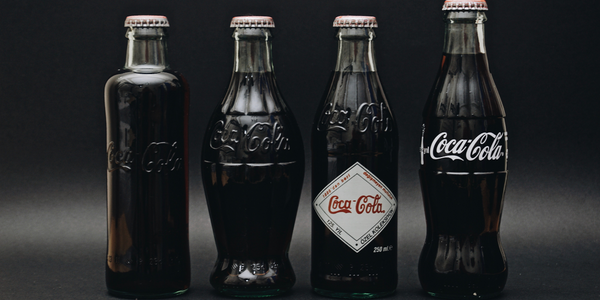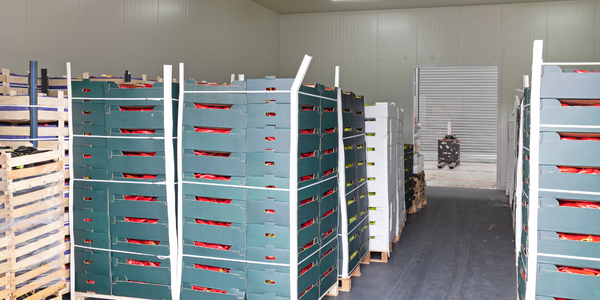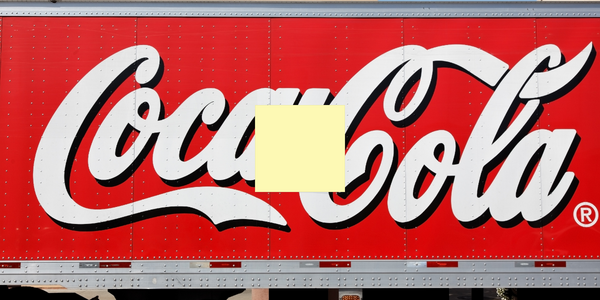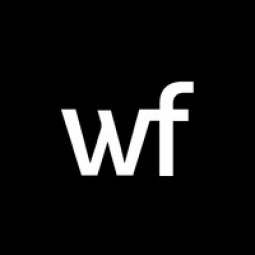Technology Category
- Infrastructure as a Service (IaaS) - Public Cloud
- Platform as a Service (PaaS) - Application Development Platforms
Applicable Industries
- Food & Beverage
Applicable Functions
- Procurement
Use Cases
- Inventory Management
- Outdoor Environmental Monitoring
About The Customer
Martin & Servera is the leading restaurant and wholesale specialist in Sweden, with its headquarters in Stockholm and warehouses strategically placed in Enköping, Halmstad, Norrköping, and Umeå. The company makes daily deliveries of food, beverages, and equipment to a variety of customers including nurseries, cafes, restaurants, and major hotel chains. Martin & Servera has a unique customer base in both the private and public sectors, due to public procurement laws and high demands on products and traceability. The company is committed to sustainability and has introduced a code of conduct to all its suppliers to ensure alignment with its business model and expectations regarding social and environmental responsibility.
The Challenge
Martin & Servera, a leading restaurant and wholesale specialist in Sweden, faced a significant challenge in managing its sustainability work due to the vast variety of products it sold and purchased globally. The company was committed to ensuring that its 1,000+ suppliers met its product sustainability requirements and expectations. However, manually collecting all the relevant information and working with real-time data and analysis became an overwhelming, person-dependent process. The company needed a solution that would allow suppliers to easily report information, follow up on their certificates, and provide an overview of the data. This led to a thorough investigation and needs analysis to find a suitable system for managing and monitoring suppliers.
The Solution
Martin & Servera chose Worldfavor's Sustainable Sourcing solution to simplify supplier follow-up and enable the company’s sustainability information to be collected and viewed in one place. The focus since implementation has been on inviting and collecting data from Martin & Servera’s suppliers, with the next step being to follow up and act on the collected data, which includes everything from certificates to fulfillment of the code of conduct. Worldfavor’s platform makes data collection much easier to handle and provides an intuitive overview, not only for those who work with sustainability but also for colleagues working with purchasing. The platform’s map function is used to decide and plan the next supplier visit.
Operational Impact
Quantitative Benefit

Case Study missing?
Start adding your own!
Register with your work email and create a new case study profile for your business.
Related Case Studies.

Case Study
The Kellogg Company
Kellogg keeps a close eye on its trade spend, analyzing large volumes of data and running complex simulations to predict which promotional activities will be the most effective. Kellogg needed to decrease the trade spend but its traditional relational database on premises could not keep up with the pace of demand.

Case Study
HEINEKEN Uses the Cloud to Reach 10.5 Million Consumers
For 2012 campaign, the Bond promotion, it planned to launch the campaign at the same time everywhere on the planet. That created unprecedented challenges for HEINEKEN—nowhere more so than in its technology operation. The primary digital content for the campaign was a 100-megabyte movie that had to play flawlessly for millions of viewers worldwide. After all, Bond never fails. No one was going to tolerate a technology failure that might bruise his brand.Previously, HEINEKEN had supported digital media at its outsourced datacenter. But that datacenter lacked the computing resources HEINEKEN needed, and building them—especially to support peak traffic that would total millions of simultaneous hits—would have been both time-consuming and expensive. Nor would it have provided the geographic reach that HEINEKEN needed to minimize latency worldwide.

Case Study
Energy Management System at Sugar Industry
The company wanted to use the information from the system to claim under the renewable energy certificate scheme. The benefit to the company under the renewable energy certificates is Rs 75 million a year. To enable the above, an end-to-end solution for load monitoring, consumption monitoring, online data monitoring, automatic meter data acquisition which can be exported to SAP and other applications is required.

Case Study
Coca Cola Swaziland Conco Case Study
Coco Cola Swaziland, South Africa would like to find a solution that would enable the following results: - Reduce energy consumption by 20% in one year. - Formulate a series of strategic initiatives that would enlist the commitment of corporate management and create employee awareness while helping meet departmental targets and investing in tools that assist with energy management. - Formulate a series of tactical initiatives that would optimize energy usage on the shop floor. These would include charging forklifts and running cold rooms only during off-peak periods, running the dust extractors only during working hours and basing lights and air-conditioning on someone’s presence. - Increase visibility into the factory and other processes. - Enable limited, non-intrusive control functions for certain processes.

Case Study
Temperature Monitoring for Restaurant Food Storage
When it came to implementing a solution, Mr. Nesbitt had an idea of what functionality that he wanted. Although not mandated by Health Canada, Mr. Nesbitt wanted to ensure quality control issues met the highest possible standards as part of his commitment to top-of-class food services. This wish list included an easy-to use temperature-monitoring system that could provide a visible display of the temperatures of all of his refrigerators and freezers, including historical information so that he could review the performance of his equipment. It also had to provide alert notification (but email alerts and SMS text message alerts) to alert key staff in the event that a cooling system was exceeding pre-set warning limits.

Case Study
Coca-Cola Refreshments, U.S.
Coca-Cola Refreshments owns and manages Coca-Cola branded refrigerators in retail establishments. Legacy systems were used to locate equipment information by logging onto multiple servers which took up to 8 hours to update information on 30-40 units. The company had no overall visibility into equipment status or maintenance history.







